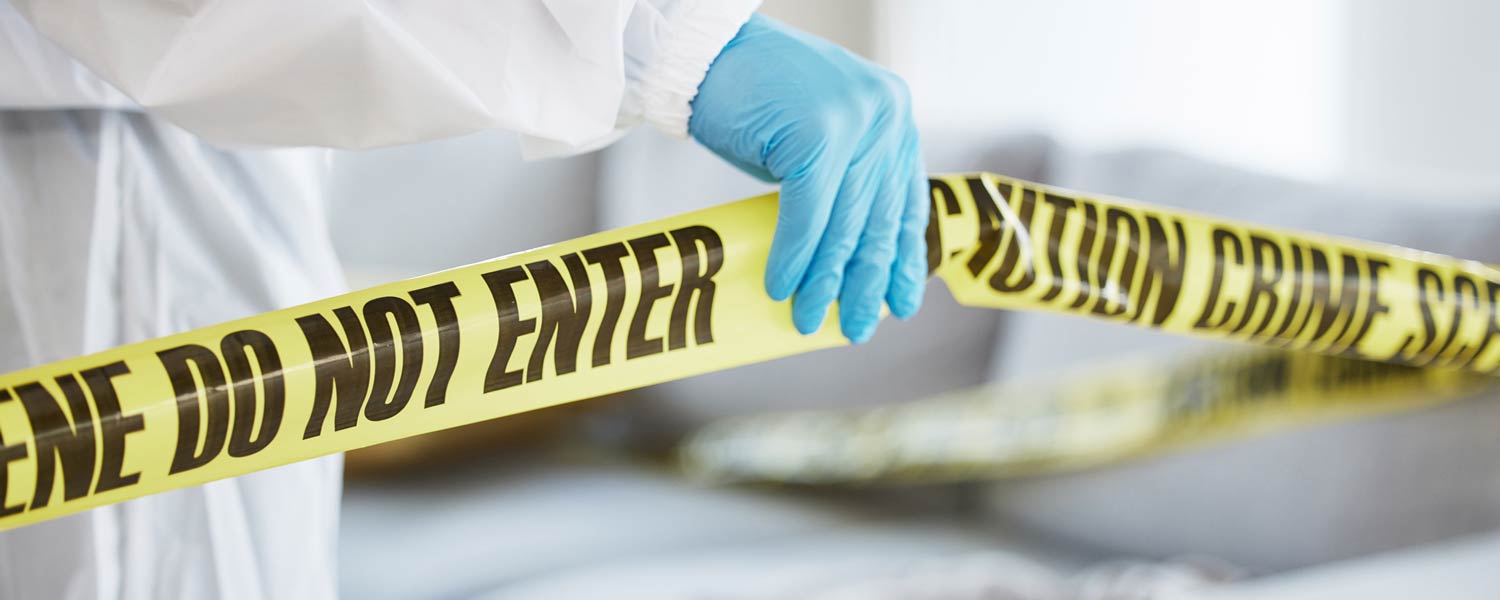When a crime occurs, the scene is often cordoned off with yellow tape, and investigators begin the meticulous task of collecting evidence. But what happens after the authorities have left? Who restores the space to a livable condition? Professional crime scene clean up services play a vital role in restoring safety and sanitation to environments affected by traumatic incidents.
The Silent Aftermath Of Tragedy
Crime scenes are often associated with violent incidents such as homicides, suicides, unattended deaths, or serious accidents. These situations can leave behind not only visible damage but also invisible biohazards such as blood-borne pathogens, bodily fluids, and harmful bacteria. Property owners, landlords, or grieving family members are rarely equipped—emotionally or physically—to handle the cleanup. This is where trained crime scene cleaning professionals step in.
These professionals are not just janitors with rubber gloves. They are licensed, highly trained experts in biohazard remediation, equipped with the proper knowledge, tools, and personal protective equipment (PPE) to manage dangerous and emotionally charged environments. Their role is essential not just for hygiene but for legal, psychological, and environmental reasons.
Health And Safety First
One of the core responsibilities of crime scene cleaners is to ensure that all biological contaminants are completely removed. Numerous illnesses, including HIV, Hepatitis B and C, and MRSA, can be transmitted through blood and bodily fluids. If not cleaned properly, these materials can pose long-term health risks to future occupants of the space.
Professionals follow strict OSHA and EPA guidelines to safely clean, disinfect, and deodorize affected areas. They also know how to safely dispose of biohazardous waste, which cannot be discarded in regular trash. By following these protocols, crime scene cleaners eliminate the risk of secondary contamination and help create a safe environment once again.
Emotional And Psychological Sensitivity
Cleaning up crime scenes is a delicate, emotional task in addition to a technical one. Cleaners often interact with grieving families or distressed property owners who have just experienced a traumatic event. Their presence must be respectful, discreet, and empathetic. In many cases, these professionals help ease the burden on loved ones, allowing them to begin the grieving or recovery process without having to confront the physical reminders of tragedy.
Some cleanup companies even train their staff in grief counseling basics and stress management techniques to handle difficult situations with care and professionalism. Their goal is not only to clean but also to provide a sense of closure and peace.
Specialized Skills And Tools
Crime scene cleanup requires more than mops and disinfectants. Professionals use industrial-grade cleaners, enzyme solvents, and ozone machines to ensure thorough sanitation. They also rely on UV light detection to identify bio-contamination that is not visible to the naked eye.
In extreme cases—such as decompositions or hoarding scenarios—cleaners may need to remove and replace flooring, drywall, or furniture that has been deeply contaminated. They also document the entire process for insurance purposes, often working directly with adjusters to ease the financial burden for clients.
Legal And Insurance Considerations
In many jurisdictions, there are regulations regarding how crime scenes must be cleaned and how waste is to be disposed of. Crime scene cleaners are familiar with these laws and operate within compliance. In order to guarantee that every facet of the cleanup is accurately recorded, they also offer thorough reports to insurance providers and law enforcement.
This level of professionalism not only protects the property owner from liability but also helps streamline the insurance claims process. Some homeowner insurance policies cover biohazard cleanup, and having a licensed, insured cleaning team increases the chances of reimbursement.
Final Thoughts
The work of crime scene cleaning professionals goes far beyond what most people realize. They help families and communities start the healing process after unthinkable events, restore physical spaces, and protect public health. While their work often remains unseen, its impact is profound. Despite the fact that trauma can occur without warning, these committed individuals quietly intervene to guarantee that life can resume in a safe, respectful, and compassionate manner. They do so without seeking recognition.








